Chris Dodkin
West Coast Correspondent
This topic has surfaced before - noting that there are many hifi buffs who spend their days convincing themselves that xyz will improve the sound of their systems, and will defend their positions against all logic.
Well, I think that photography, or should I say certain photography forums, are heading the same way.
If you hang-out for any time on sites like DPReview, you'll see numerous posts, best described as pixel peeking.
People who spend their days taking photos of Dollar bills, of rulers at certain angles, of lens calibration charts - and then analyzing the images at 100% magnification or even higher.
There's an intense amount of naval gazing around chromatic aberration, edge sharpness, read noise of camera sensors, shadow noise in images - people are getting all bent out of shape about 'issues' which even pro users wouldn't care about.
These people rarely post photos of anything to do with real life, I suspect they rarely take photos for the pleasure of taking photos.
It's all about the quest for imperfection - a never ending loop of negativity.
There's a whole language that's developed around it - I see 'bad copy of a lens' referenced many many times, as if it's an epidemic of failed QA from the lens manufacturers.
Sure, the InterWebs give people with issues a forum to post to everyone - so we all know about Joe's failed widget, and the 20 images that prove it.
But really, where did all of these poorly manufactured lenses and cameras suddenly come from?
Have to say that I've had it with that crowd - and I'm constantly refreshed to see that it hasn't permeated to RPF.
Long may it continue!
Well, I think that photography, or should I say certain photography forums, are heading the same way.
If you hang-out for any time on sites like DPReview, you'll see numerous posts, best described as pixel peeking.
People who spend their days taking photos of Dollar bills, of rulers at certain angles, of lens calibration charts - and then analyzing the images at 100% magnification or even higher.
There's an intense amount of naval gazing around chromatic aberration, edge sharpness, read noise of camera sensors, shadow noise in images - people are getting all bent out of shape about 'issues' which even pro users wouldn't care about.
These people rarely post photos of anything to do with real life, I suspect they rarely take photos for the pleasure of taking photos.
It's all about the quest for imperfection - a never ending loop of negativity.
There's a whole language that's developed around it - I see 'bad copy of a lens' referenced many many times, as if it's an epidemic of failed QA from the lens manufacturers.
Sure, the InterWebs give people with issues a forum to post to everyone - so we all know about Joe's failed widget, and the 20 images that prove it.
But really, where did all of these poorly manufactured lenses and cameras suddenly come from?
Have to say that I've had it with that crowd - and I'm constantly refreshed to see that it hasn't permeated to RPF.
Long may it continue!

